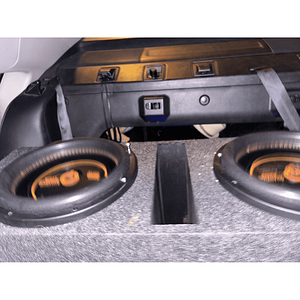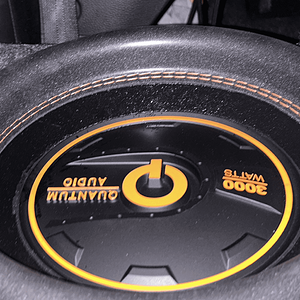RokintypeRs 10+ year member
Member
Is it a good idea to isolate a Kinetik HC600 to dedicate it to my car audio? I've been reading up on Kinetik's website and they all say on the FAQ's that the HC600 and HC800 should be supplemental power and no isolator is needed and it would defeat the purpose of supplemental power. Would it be better to have it be isolated? I am currently running 2 Pioneer TS-W3002D4's and a Hifonics BRX2400.1D with a 250 amp circuit breaker and running off a Power Acoustik 30 Farad capacitor and I will be soon putting in a Kinetik HC600 on the audio and I am only wondering if it is a good idea to isolate it. Any input would be nice thanks.


